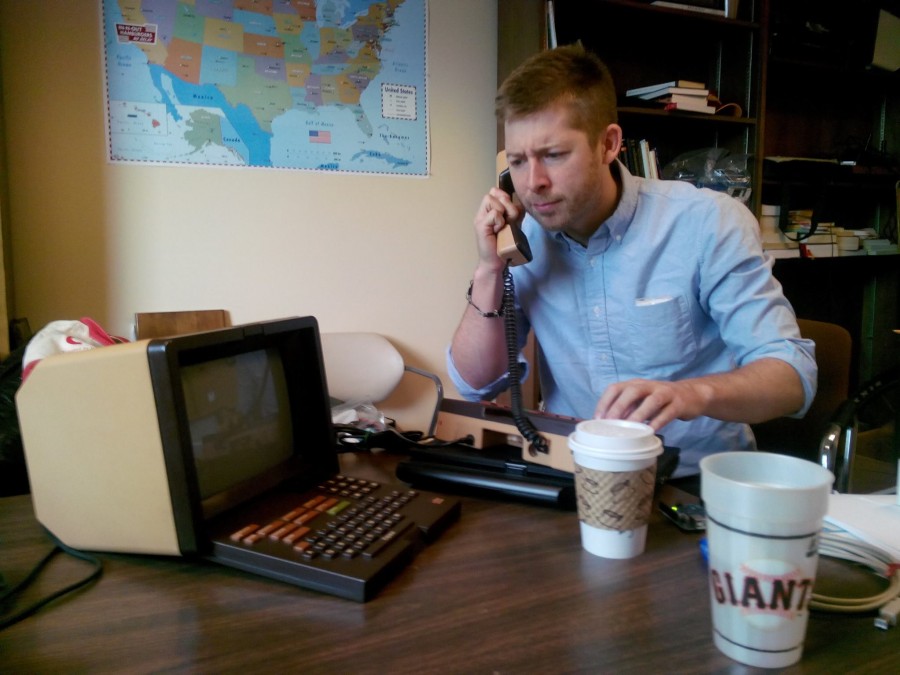I see a set of constraints facing us in the future, and they’re all going to be very expensive. First is funding retirements for the Baby Boom generation. Second is continuing increases in the costs of healthcare. The third is replacing decaying infrastructure. The fourth is adapting to climate change and repairing environmental damage. The fifth is developing new sources of energy. The sixth is what I see as in all likelihood continuing high military costs. The seventh is the costs of innovation.
Archive (Page 2 of 2)
I like to think that we are an intelligent species. I mean, actually the people that often get this most quickly are the people who are poorest, because they know the system doesn’t work. But so many of our supposedly brightest people pick this up and don’t question it. And then we have the all the whole field of economics, which is an ideology built on assumptions that if you examine them are absurd. Because you know, economists simply look at the economy as a pricing system. They’re not system thinkers. Part of the cause our crisis is that we’re not educated to think in terms of systems.
I always wonder about people that are very pro-tech on the Left, for example. “Oh, we’ve got to keep all this. Of course. That’d be crazy.” You know, you want to preserve all of the level of technology. The question that occurs to me is, oh so you want to keep how many hundreds of millions of people in the mines, in the smelters, in the foundries, in the assembly lines? I would like to see them be able to do something else. But you’re going to have to keep them there one way or another if you want to have all this stuff.
Obviously there’s human rights that have to do with water and air and safety and shelter, but I think education is right there with it because it really is a public good. I have such a hard time with people who say, for example, who don’t have children and say, “Well why should I pay those taxes. I don’t have anybody in the schools. It’s not benefitting me.” And I think how can you possibly say that? Those are the people that are servicing you, whether they’re servicing your roads or your supermarket or your medical offices.


